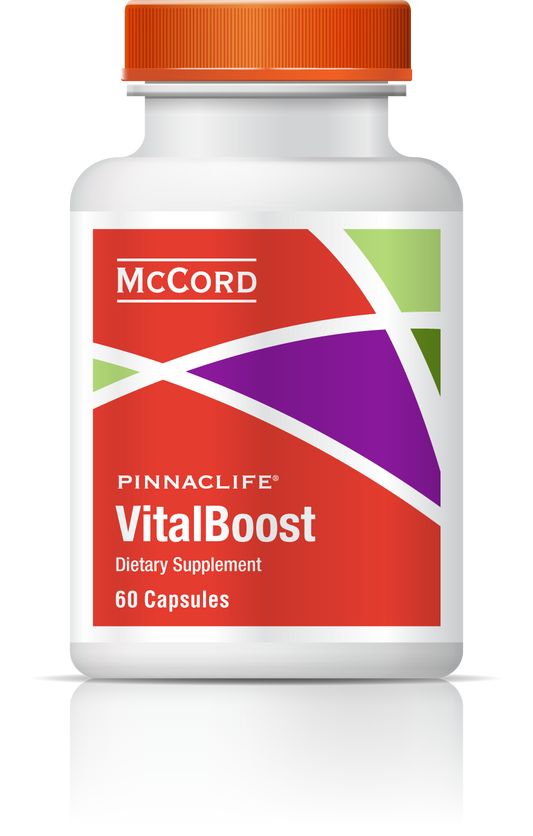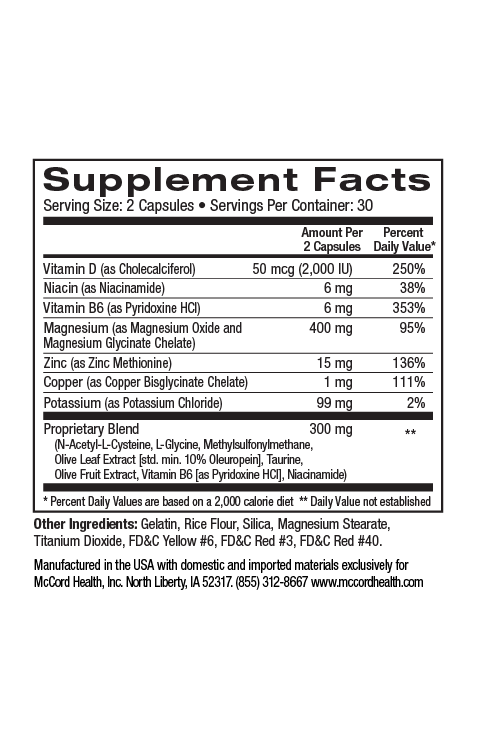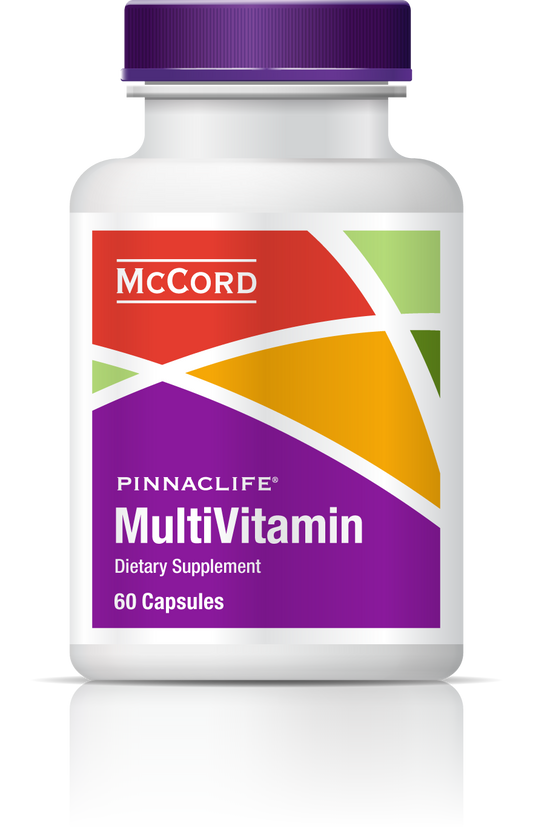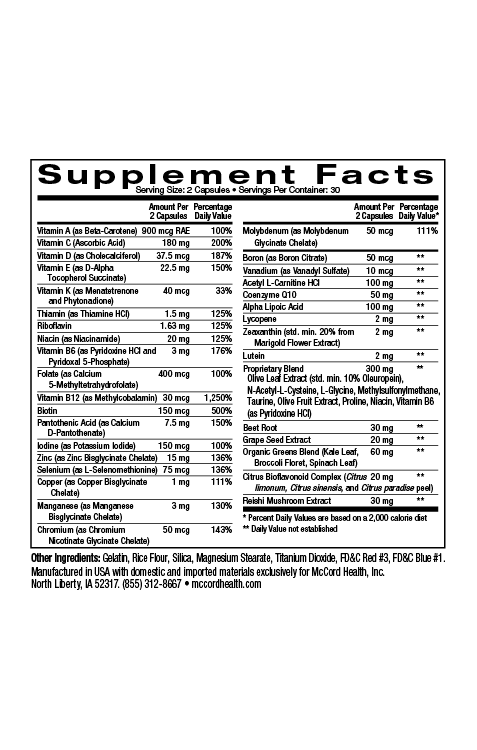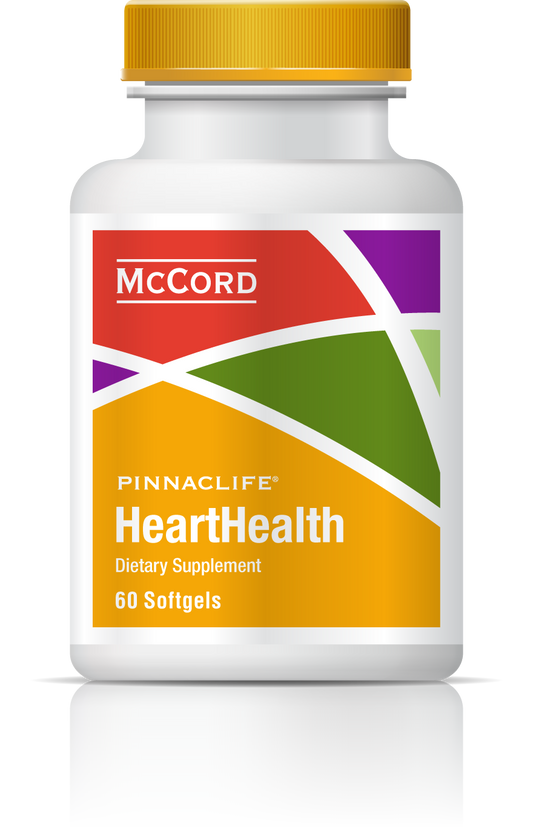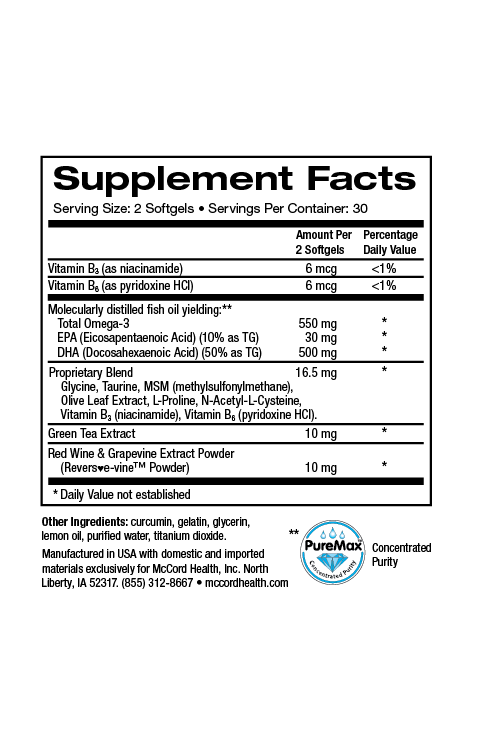Vitamin and mineral deficiency can often present with symptoms we ignore or assume are just normal parts of life. Symptoms like fatigue, frequent illness, skin problems, changes in hair & fingernails, vision problems, tingling sensations, and dental issues can all be signs of serious dietary nutritional mineral and/or vitamin deficiency.
Sometimes there are aspects of our health that we easily write off as part of normal life. Everybody experiences this, right? But sometimes it could actually be a warning sign of a more serious problem related to nutritional deficiencies or other health problems.
Identifying Signs of Nutritional Vitamin Deficiencies
One of the key problems with identifying nutritional deficiencies lies in the fact that nutrients are used for so many processes throughout the body, so deficiency can appear in a wide variety of seemingly harmless symptoms.
Please note that the below list primarily focuses on nutrients with well-defined recommended daily intakes and deficiencies, but there are also nutrients that we are only beginning to understand like plant-based antioxidants, polyphenols, amino acids and more that can also contribute to some of these symptoms.
If you are experiencing any of these vitamin deficiency symptoms, you should always check with your doctor or trusted health care provider before attempting to self-diagnose or treat.
Anemia
- Vitamin C
- Vitamin B12 (pernicious anemia, megaloblastic anemia)
- B9 / folate (megaloblastic anemia)
- B Vitamins (megaloblastic anemia)
- Iron (iron deficiency and microcytic anemia)
Bleeding and Clotting Problems
- Vitamin C (bleeding gums, nosebleeds, bruising)
- Vitamin K (bruising, slow clotting times / excessive bleeding, heavy menstrual periods, blood in urine/stool)
- Iron (heavy menstrual periods)
- B9 / folate (bleeding gums)
Bone problems
- Vitamin D (osteoporosis, aching bones, rickets)
- Vitamin K (osteoporosis)
- Magnesium (osteoporosis)
- Calcium (osteoporosis)
- Boron (osteoporosis-like changes)
Brain / mental problems / headaches / Dizziness
- Vitamin D (depression, insomnia)
- Vitamin E (brain function abnormalities)
- Vitamin B12 (balance problems, paranoia, hallucinations, cognitive problems, memory loss)
- B1 (depression, dementia, nervousness, irritability)
- B2 (dizziness)
- B3 (dementia, insomnia)
- B5 (depression, nervousness, irritability, insomnia)
- B6 (nervousness, irritability, insomnia)
- B9 / folate (dementia)
- B12 (staggering walk, balance problems)
- Iron (headaches, dizziness)
- Magnesium (anxiety, stress, headache, personality changes, seizures, loss of appetite, nausea)
- Biotin (depression)
- Omega-3 (learning problems, poor attention span, hyperactivity, irritability)
- Antioxidants (poor memory, neurodegeneration)
Cardiovascular
- Magnesium (Abnormal heartbeat, high blood pressure)
- B Vitamins (elevated homocysteine levels)
Coldness / tingling / numbness
- B12 (numbness and tingling in hands/legs/feet)
- B9 / folate (tingling, prickling, numbness)
- Calcium (numbness and tingling around mouth, fingers, and toes)
- Iron (coldness in hands/feet)
- Magnesium (numbness and tingling in fingers and feet, hot flashes)
Eye and Vision Problems
- Vitamin C (ruptured blood vessels in eyes)
- Vitamin A (night blindness, conjunctivitis, color-blindness, eye infections, macular degeneration)
- Vitamin E (retinopathy, cataracts)
- B12 (vision loss)
- B-Vitamins (Vision problems)
- Omega-3’s (dry eyes)
- Magnesium (tics/spasms of eye lids)
- Zinc (tics/spasms of eye lids)
Fatigue
- Vitamin C (fatigue)
- B12
- B-vitamins
- Calcium
- Iron
- Magnesium
- Melatonin
- Antioxidants
Fingernail Abnormalities
- Vitamin A (ridges)
- Calcium (brittle nails, ridges, white spots)
- Magnesium (brittle nails)
- Zinc (white spots)
- B12 (spoon shaped nails)
- Iron (spoon shaped nails, pale color)
- Biotin (pale color)
- Iodine (brittle nails)
- Protein (cuticles tear easily)
- Omega-3 (brittle or soft nails)
Fluid Retention / Edema
- B Vitamins
- B1 / thiamine
- B6 / pyridoxine
- Potassium
- Cysteine
Gastrointestinal Problems
- Zinc (diarrhea)
- Fiber (constipation, diarrhea)
- Magnesium (loss of appetite, nausea)
- Potassium (diarrhea, vomiting, excessive urination, constipation)
Hair Abnormalities
- Vitamin A (dry hair, dandruff)
- Vitamin E (dry hair)
- Vitamin C
- Calcium (coarse hair)
- Zinc (coarse, brittle, thinning hair, dandruff)
- B2/riboflavin (hair loss)
- B5 (hair loss)
- Cysteine (loss of hair pigmentation)
- Biotin (Hair loss, dry hair)
- Vitamin D (Hair loss)
- Omega-3 (dry hair, dandruff)
- Selenium (dandruff)
- Iodine (dry hair)
- Protein (dry hair)
Immune Deficiency
- B Vitamins (athletes foot)
- Vitamin A (impaired immune function)
- Vitamin C (impaired immune function)
- Vitamin D (impaired immune function)
- Vitamin E (impaired immune function)
- Omega-3 (lowered immunity)
- Zinc (low immunity, recurring colds/flu)
- Selenium (impaired immune function)
- Copper (impaired immune function)
Joint Problems
- B1 (swelling)
- B6 (swelling)
- Potassium (swelling)
- Manganese (clicking joints)
Mouth and Tooth Problems
- Vitamin A (weak enamel)
- Vitamin C (gingivitis, bleeding gums, tooth loss)
- Vitamin D (weak enamel)
- B12 (swollen inflamed tongue, canker sores, cracks in corner of mouth)
- B3/niacin (canker sores, painful tongue, cracks in corner of mouth)
- Zinc (mouth ulcers, loss of taste, cracks in corner of mouth)
- B9/folate (bleeding gums, canker sores, painful tongue)
- Calcium (crowded teeth, canker sores, weak enamel)
- Vitamin K (crowded teeth, weak enamel)
- B2 / riboflavin (cracks in corner of mouth, painful tongue)
- Iron (cracks in corner of mouth)
- Protein (cracks in corner of mouth)
Muscle Issues / Weakness
- Vitamin C (Muscle Weakness)
- Vitamin D (Muscle Weakness, twitching)
- B1 (cramping, twitching)
- B2 (cramping, twitching)
- B3 (twitching)
- B6 (cramping, twitching)
- B9/folate (twitching)
- B12
- Calcium (cramping, twitching)
- Magnesium (contractions, cramps, twitching, abnormal heart beat, restless leg syndrome, tics/spasms of eyelids)
- Zinc (tics/spasms of eyelids)
- Potassium (cramping)
- Iron
- Cysteine (weakness, lethargy, muscle loss)
Skin Problems
- Vitamin A (acne, dryness, bumps on the back of arms / cheeks / thighs / buttocks, rough skin)
- Vitamin C (dryness, delayed wound healing)
- Vitamin E (acne, blisters, excessive scarring, stretch marks, dryness, rough skin)
- Vitamin D (small red bumps on back of upper arms / cheeks / thighs / buttocks)
- B Vitamins (Dandruff, Athlete’s foot, pale skin)
- B6 (acne during menstruation)
- B2 / riboflavin (dermatitis)
- B3 / niacin (dermatitis)
- Biotin (dermatitis, face rash)
- Antioxidants (poor wound healing)
- Cysteine (skin lesions)
- Omega-3’s (dry itchy skin, scaly/flaking skin, cracking/peeling of fingertips, small red bumps on back of upper arms / cheeks / thighs / buttocks, mixed oily and dry skin, eczema, poor wound healing)
- Calcium (dry skin, psoriasis)
- Zinc (acne, eczema, dandruff, red stretch marks)
- Iron (pale skin)
Smell / Nose
- Zinc (loss of smell)
It is important to note that this list is by no means all-inclusive and should not be used to self-diagnose or treat your symptoms.
Vitamin Deficiency is Easy to Treat once it is Identified
If you are experiencing any of the listed vitamin deficiency symptoms, you should discuss them with your trusted healthcare provider who can properly assess your health status, run any necessary tests, and help determine if you could benefit from nutritional interventions. Ask your trusted healthcare provider if you could benefit from incorporating and of the McCord Research Olivamine Nutritional Supplements
Disclaimer: These statements have not been reviewed by the FDA. These products are dietary supplements and are not intended to treat, cure, or prevent any disease. The decision to use these products should be discussed with a trusted healthcare provider. The authors and the publisher of this work have made every effort to use sources believed to be reliable to provide information that is accurate and compatible with the standards generally accepted at the time of publication. The authors and the publisher shall not be liable for any special, consequential, or exemplary damages resulting, in whole or in part, from the readers’ use of, or reliance on, the information contained in this article. The publisher has no responsibility for the persistence or accuracy of URLs for external or third party Internet websites referred to in this publication and does not guarantee that any content on such websites is, or will remain, accurate or appropriate.

